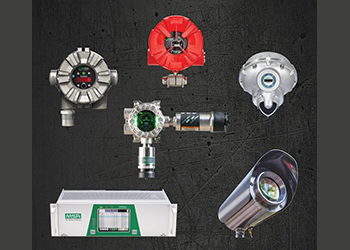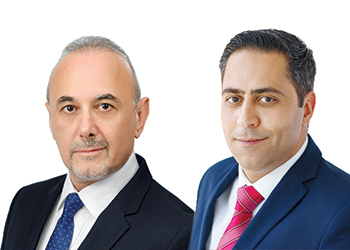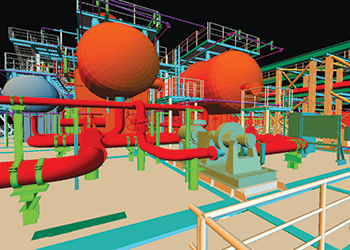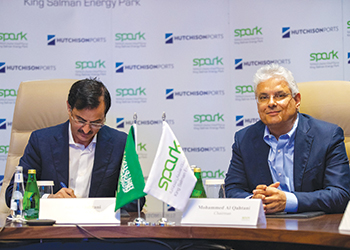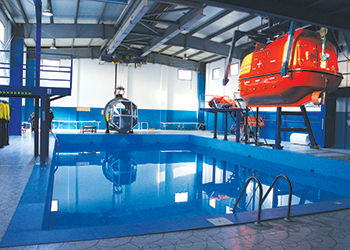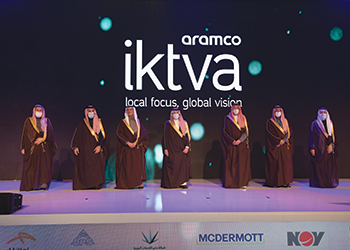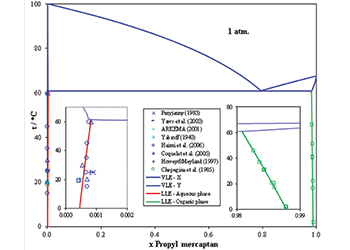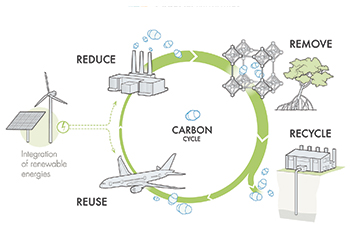
 Engie officials with the Utility Project of the Year award for the Jubail 3B IWP
Engie officials with the Utility Project of the Year award for the Jubail 3B IWP
The Al Rayes desalination plant is a good PPP model to advance net-zero objectives, aiding the Kingdom transition to an emissions-free, circular economy, and helping meet the objectives of Vision 2030
Global energy company Engie is forging ahead with projects in the Kingdom of Saudi Arabia to drive goals of net-zero carbon emissions and a circular carbon economy as envisioned in Vision 2030 plan.
The company last month broke ground on the Al Rayes seawater reverse osmosis (RO) desalination plant.
The plant will use clean energy and will be developed under a PPP structure together with SWPC as part of the Engie-Nesma-Mowah consortium, which will have a concession period of 25 years
It is expected to be commercially operational in Q4 2023.
Al Rayes will have a capacity of 450,000 cu m per day and storage facilities for two operational days.
Electricity supply to the plant will be supplemented with the addition of an on-site solar photovoltaic (PV) system following construction, helping reduce CO2 emissions.
The expected average CO2 emission on the average operating conditions is 220,000 tons per day.
The Al Rayes plant is expected to contribute $400 million to the Kingdom’s GDP.
The project construction will create 500 jobs, 40 per cent of which will be filled by Saudis. This will rise to 50 per cent during the first five years of operation and 70 per cent for the remaining operational period.
Khaled Z Al Qureshi, CEO, SWPC, says: "Ensuring sustainable development of the Kingdom’s utilities is essential to the fulfillment of Vision 2030 and our commitment to achieving net-zero carbon emissions by 2060. And the Al Rayes desalination plant will significantly contribute to our nation's social, economic, and environmental health."
According to Turki Alshehri, CEO of Engie KSA,: "The Al Rayes desalination plant provides an excellent model for how the private sector and government can work together to advance net-zero objectives, helping us transition to an emissions-free, circular economy. Moreover, in drawing overseas investment into the country and creating jobs for the local community, this project will successfully help meet the objectives of Vision 2030."
AWARD OF THE YEAR
 |
The groundbreaking of the Al Rayes seawater RO desalination plant |
Separately, Engie has won the ‘Utility Project of the Year’ award for its Jubail 3B Independent Water Project (IWP), the largest solar-powered water desalination project in the Kingdom of Saudi Arabia developed under a public-private-partnership (PPP) structure.
Engie developed the plant in collaboration with Saudi Water Partnership Company (SWPC) as part of a consortium that compromised Nesma Company and Abdulaziz Al Ajlan Sons for Commercial and Real Estate Investment Company.
The honour was bestowed at the MESIA Solar Awards.
Alshehri says the recognition is a testament to Engie’s commitment to the Kingdom as a long-term energy partner in support of the government’s decarbonisation objectives in line with its net-zero 2060 goals.
He says: "Recognised for its competitiveness, positive impact on the local community and use of solar energy, our award-winning project demonstrates that transitioning to the circular economy can bring a myriad of benefits in support of job creation for the youth besides helping to achieve ambitious environmental goals."
The Jubail 3B IWP plant is located in Dammam. Developed under a build, own and operate (BOO) contract, it will produce 570,000 cu m per day of potable water through reverse osmosis technology to supply the cities of Jubail and Dammam.
The project will include a 60-MWp capacity solar facility to optimise electricity consumption and reduce grid reliance.
In addition, it will include one-day water storage capacity and 380-kV electrical special facilities with 59 km of overhead transmission lines (OHL).
Once the construction phase is over, Engie will take on the responsibility of operating and maintaining the project with the commercial operation date expected in 2024.



















































































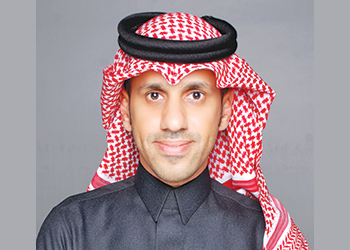
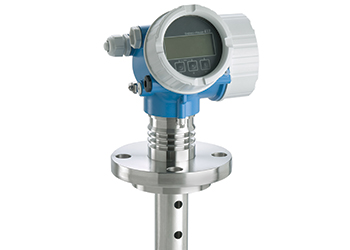
.jpg)
